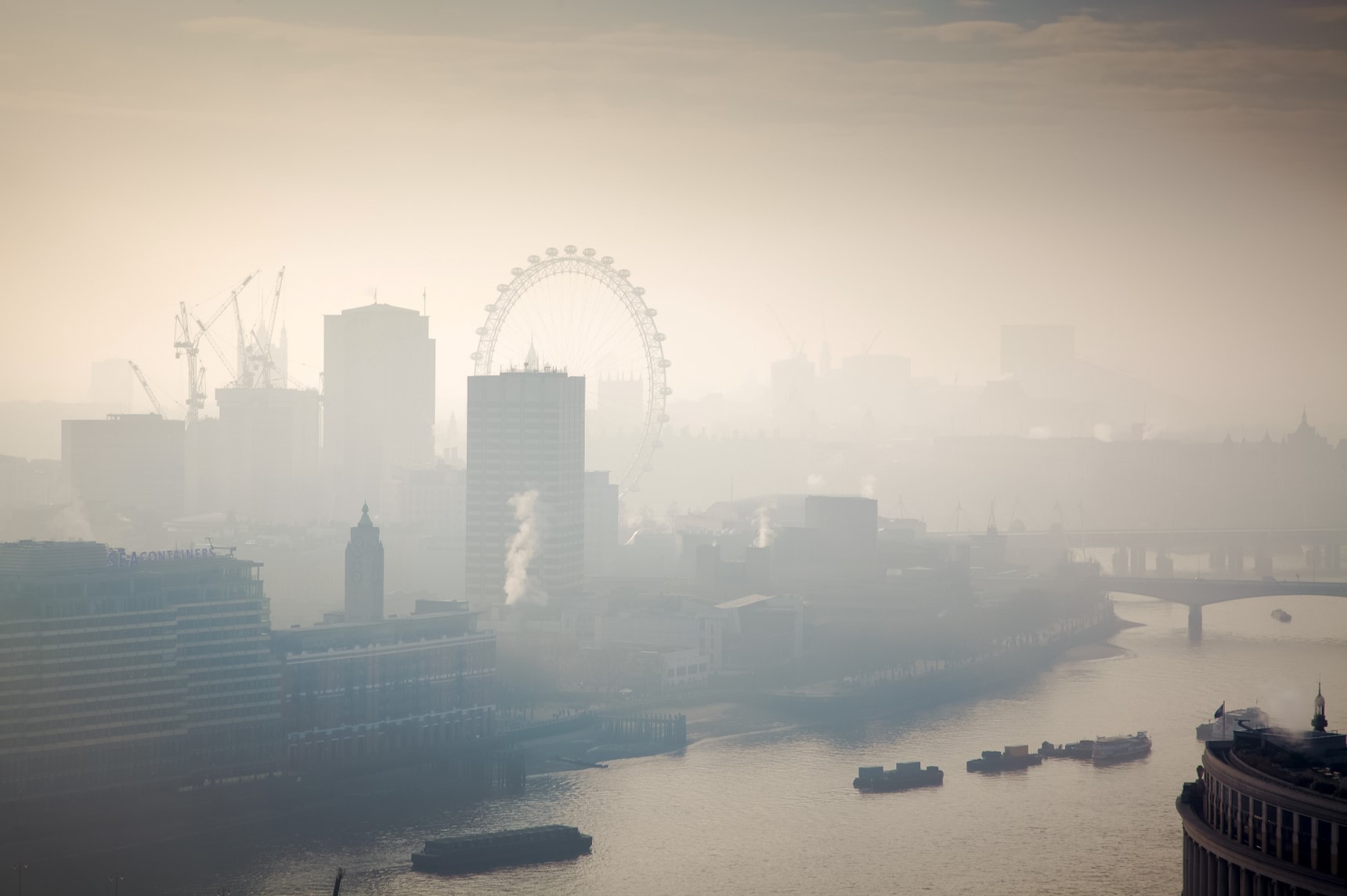
Largest ever study in Europe shows air is polluted beyond safe levels.
Air pollution has become one of the most pressing issues in Europe, thanks to the toxic air that nearly everyone breathes in. People are exposed to indoor and outdoor air pollution, making it a major health concern. According to a recent study commissioned by The Guardian, nearly everyone in Europe is exposed to toxic air, with the worst levels recorded in Eastern Europe.
The study included over 30 million people across several European countries, making it the most comprehensive study on air pollution in the region. The findings are alarming, with the report suggesting that nearly every person in Europe is exposed to dangerous levels of air pollution, making the region one of the most polluted in the world.
The study's findings showed that the levels of fine particulate matter (PM2.5), which can cause lung cancer and respiratory problems, were higher than the level the World Health Organization recommended. PM2.5 is an air pollutant that consists of tiny particles that can be inhaled and cause harm to human health. The study revealed that Eastern Europe had the highest levels of PM2.5, with Germany, Spain, and France recording the highest levels.
Sources of Air Pollution in Europe
Air pollution in Europe has several different sources, including traffic, industry, agriculture, and energy production. Each source contributes to air pollution in different ways, requiring a different approach to be addressed effectively.
Traffic is one of Europe's biggest contributors to air pollution, particularly in cities. Cars, buses, and other vehicles emit high levels of pollutants, including nitrogen oxides and particulate matter, which can cause serious health problems.
Industry and agriculture also contribute to air pollution in Europe, with factories, power plants, and farms releasing pollutants into the air that can seriously affect human health and the environment.
Impacts on Health
The health implications of air pollution are severe, with studies suggesting that it can lead to numerous health problems, including respiratory problems, cancer, and heart disease. Air pollution affects everyone, but some groups are more vulnerable, including elderly people, young children, and people with respiratory problems.
Children are especially susceptible to the negative effects of air pollution. Recent studies found that exposure to air pollution in early childhood can lead to permanent lung damage and lifelong respiratory problems.
The World Health Organization (WHO) estimates that air pollution is responsible for over 400,000 premature deaths in Europe annually. This figure is likely to be underestimated, with the real number of deaths likely to be much higher. The economic costs of air pollution are also significant, with the study suggesting that the region incurs billions of dollars in healthcare costs and lost productivity each year.
Impacts on the Environment
Air pollution doesn't just have grave consequences for human health - it also has a significant impact on the environment. Pollutants can damage crops, forests, and other vegetation, and they can also harm wildlife.
In addition, air pollution contributes to climate change, which has far-reaching consequences for the planet. Greenhouse gases, which are emitted from energy production and other human activities, trap heat in the atmosphere, leading to rising temperatures, sea-level rise, and other climate-related threats.
Economic Cost of Polluted Air
The impact of polluted air is not limited to public health alone. The cost of this crisis can also be measured in terms of lost productivity, sick days, and healthcare expenditures. Research estimates that the costs of air pollution in the EU amount to €9-19 billion per year.
Government Responses
Concerns about air pollution have spurred action from governments, particularly in the EU where the air quality regulations are some of the strictest in the world. The EU set its air quality standards based on the recommendations of the WHO. However, despite these efforts, air pollution remains a problem in many European cities.
Governments have implemented measures to reduce air pollution, including limiting the use of cars in city centres, promoting public transportation, and encouraging innovative technologies. In Paris, car use has been limited on certain days to reduce the number of vehicles on the road. In Oslo, the use of electric buses has been promoted.
The study conducted by The Guardian brings to light the alarming level of air pollution in Europe. The fact that nearly everyone is breathing in polluted air in Europe is a major concern that needs to be addressed urgently. The health implications of air pollution are severe, and future generations will be at risk if more isn't done to tackle the issue effectively.
Governments and policymakers need to take proactive measures to combat air pollution. These measures should include a combination of regulations, incentives, and education programs. Moreover, there is a need for greater cooperation among EU countries to tackle transboundary pollution issues. Europe needs to act swiftly to reduce its air pollution levels and safeguard the health of its citizens.
